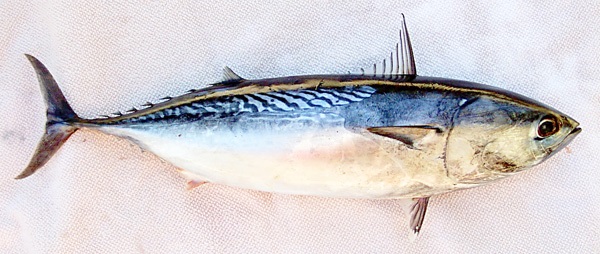There are two types of people in this world. Those who eat fish meat and recommend it and those who don’t (neither eat nor recommend). Truth is, both have some good arguments up their sleeves.
Fish meat is often marked as a superfood, celebrated for its exceptional nutritional value and health benefits. Packed with high-quality protein, essential omega-3 fatty acids, vitamins, and minerals, fish meat is a vital part of any healthy diet.
Its reputation is further elevated by its potential to support heart health, brain function, and even reduce the risk of chronic diseases.
In this article, we delve into the reasons behind the “superfood” status of fish meat, exploring the science and benefits that make it a staple in a balanced and health-conscious diet.
Fish meat is vitamin rich
Opinions on consumption of fish meat are different. Those who eat and recommend fish will tell you just how much useful nutrients fish meat contains. Those who are against eating fish will tell you that by eating fish you also consume mercury, DDT, PCBs, nitrates, dioxin, and just how dangerous that is for your health.
Both are right and the results is that consumers do not know who to trust or believe. Let’s make it clear now – fish meat is healthy and should be an important part of your diet.
When it comes to “processed” fish make sure you do not overconsume (especially tuna and other canned fish).
When it comes to healthy fresh fish – go for it. You can eat as much fresh fish as you wish!

Eating fish is being healthy
It is generally accepted that eating fish is part of a healthy diet. If you eat fish regularly than you can be sure that you are doing good for yourself and your health. Here’s some reasons why.
Fish meat is rich in vitamins like vitamin A, D and B complex. It also contains a lot of minerals such as potassium, iron, sodium, phosphorus, magnesium, bromine, cobalt, copper and selenium.
Moreover, fish meat also contains extremely beneficial fats and lean protein. Besides all this, fish meat contains very little cholesterol. It is also important to point out the fact that sea fish are rich in iodine which is very important for proper functioning of the thyroid gland.
Why is fish meat good?
Fish can be a great source of unsaturated omega-3 fatty acids in your diet. Omega-3 unsaturated fatty acids are important for your physical well-being, for your concentration, for proper functioning of immune system and for protection against cardiovascular disease.
Omega 3 fatty acids also prevent inflammation, lower bad cholesterol while increasing good cholesterol …
In addition to all the health benefits, meal consisting fish meat will not put your digestive system under heavy load like red or white meat would. The reason for that is that fish meat has less fat and connective tissues, and a softer cell structure compared to other types of meat. Therefore, fish are easier and quicker to digest.
Fish meat is digested in less than two hours. For white or red meat digestion will take about five hours. In addition, the digestion of fish produce less toxic for the body compared to digesting red or white meat.
How many times per week should you eat fish?
You should eat fish at least once or twice a week. This goes for canned tuna as well. It is recommended that you buy and prepare fresh fish if possible. Best types of fish are salmon, trout and tuna. Smaller fish, such as sardines are very healthy as well.










































Hi, do you have any references for your statement on how long it takes to digest fish vs meat? Thanks
the best fish definitely arent salmon trout or tuna, the smaller the fish the better, although salmon does have alot of powerful nutrients. The smaller the fish, the less generations of fish in large size its consumed throughout its life, tuna being very large and lived a long time have eaten a lot of medium fish, which ate alot of small fish, which ate alot of micro fish. This chain of eating increases the mercury found in the Tuna, as the mercury is carried from each fish to the next. I suggest Brunswick canned Herring or Sardines.
[…] diet recommends that this group should eat a high protein diet. They are allowed to eat meat, fish, vegetables and fruits. It is also advised to limit the intake of grains and beans. They are […]